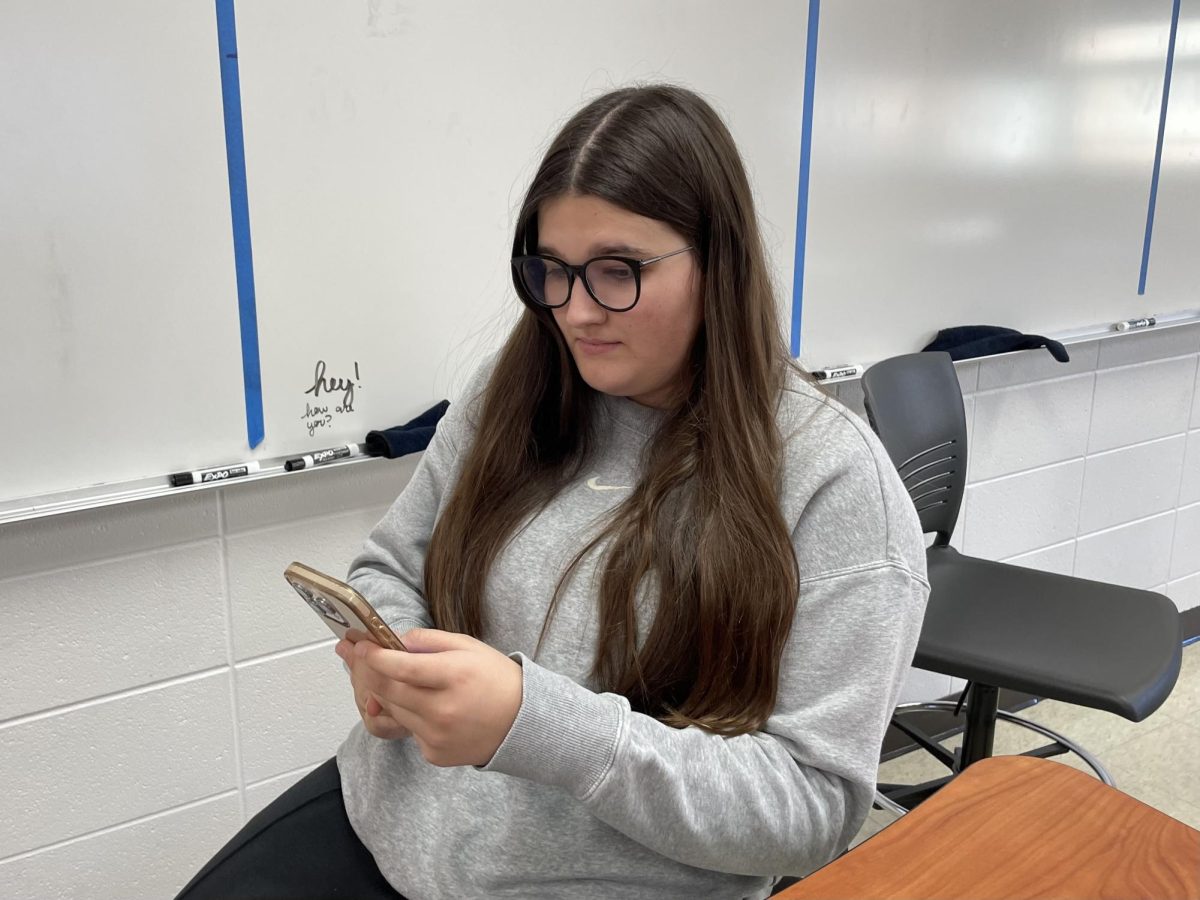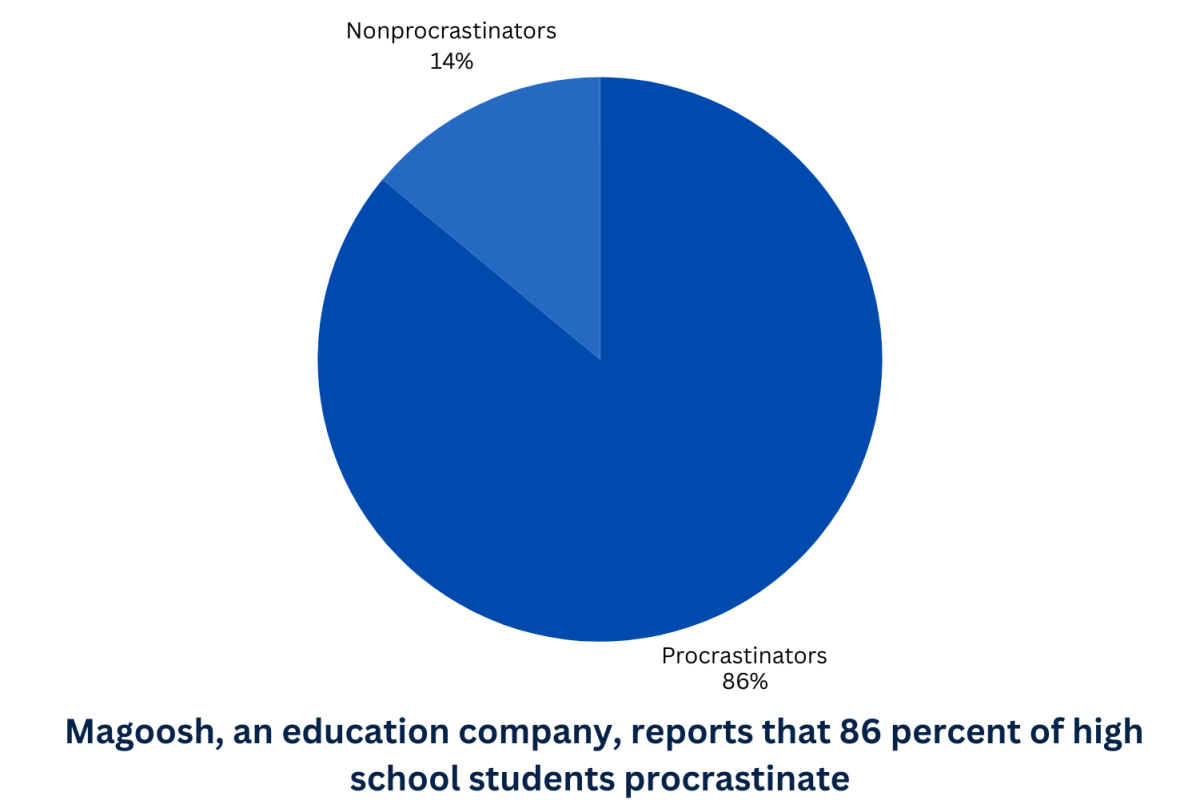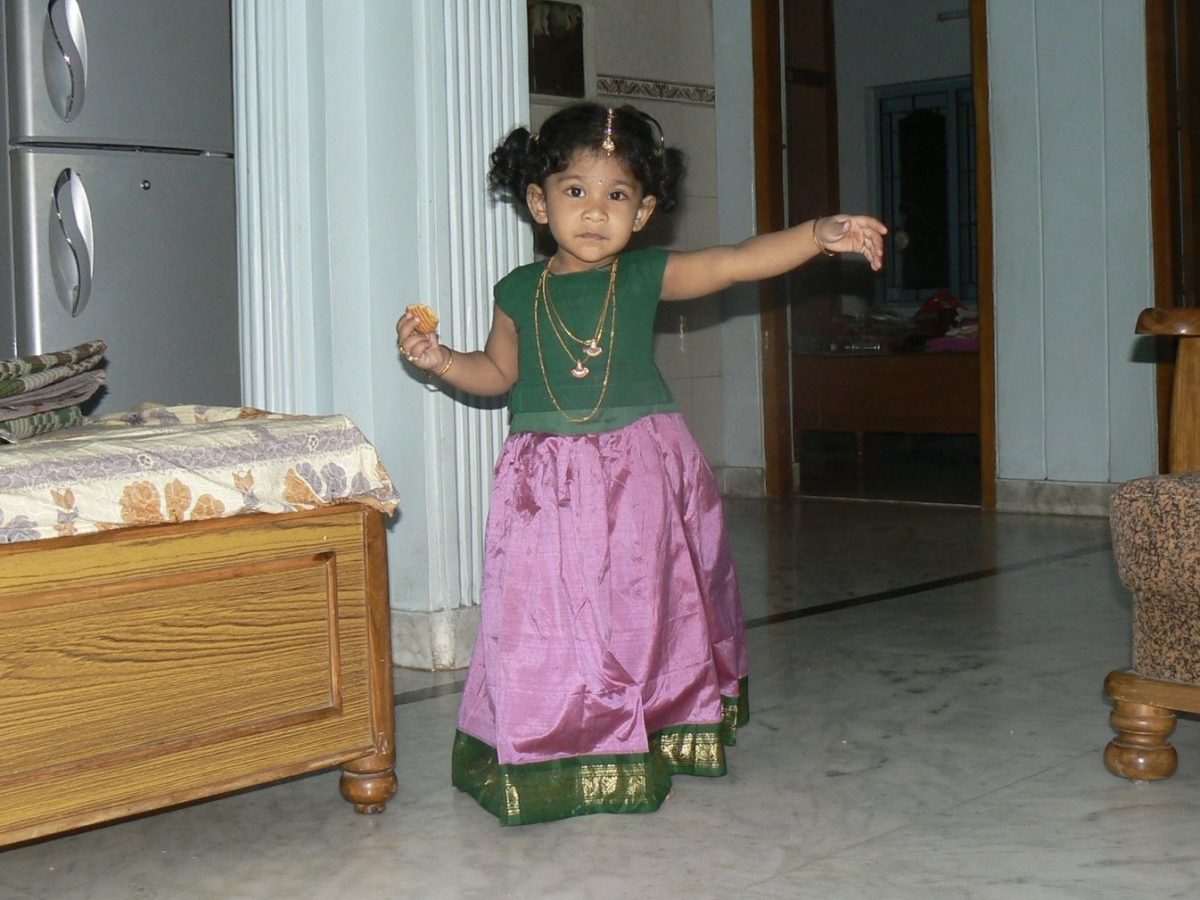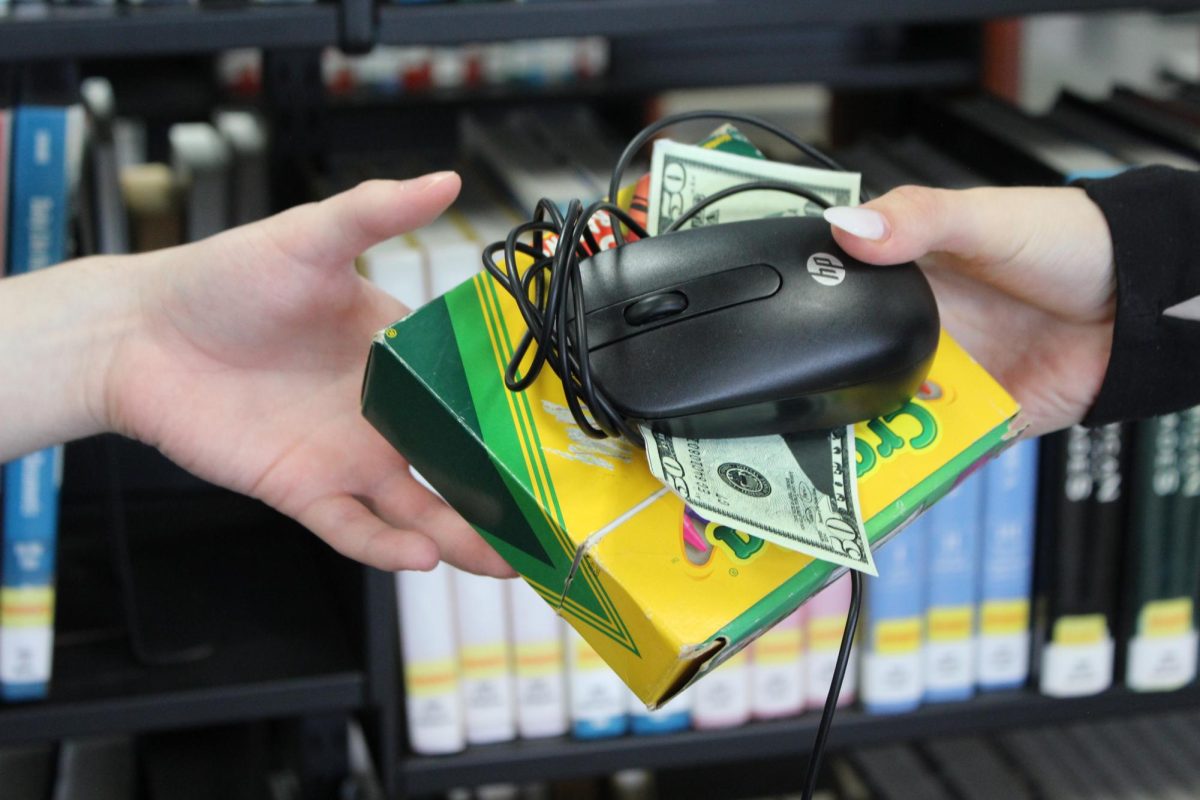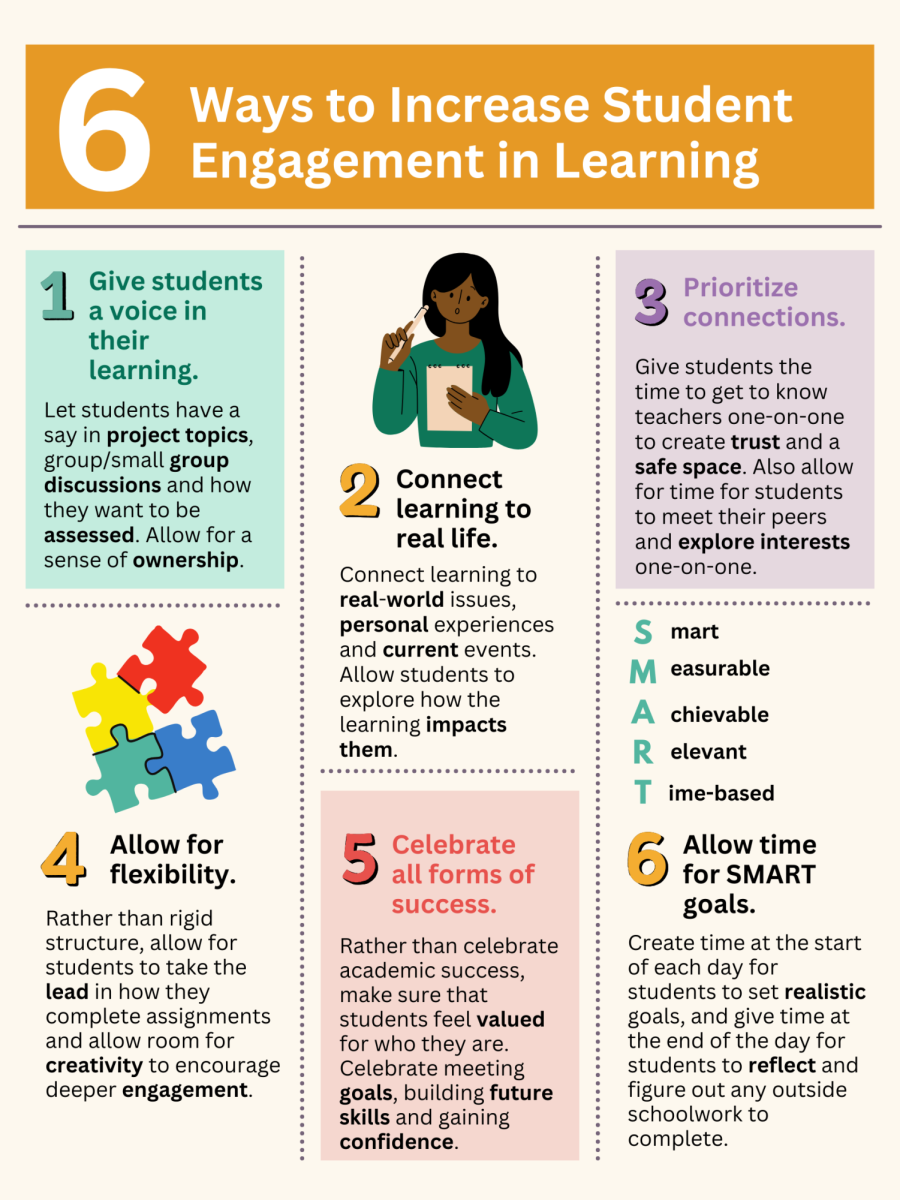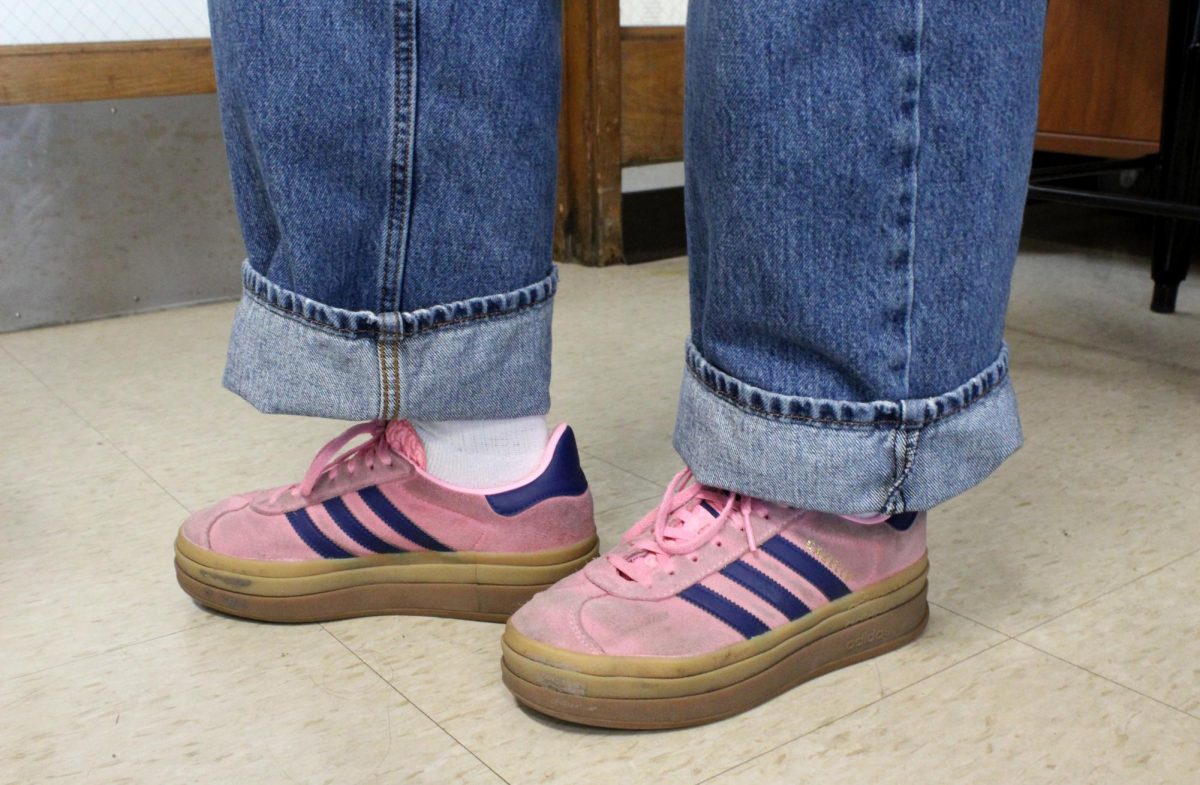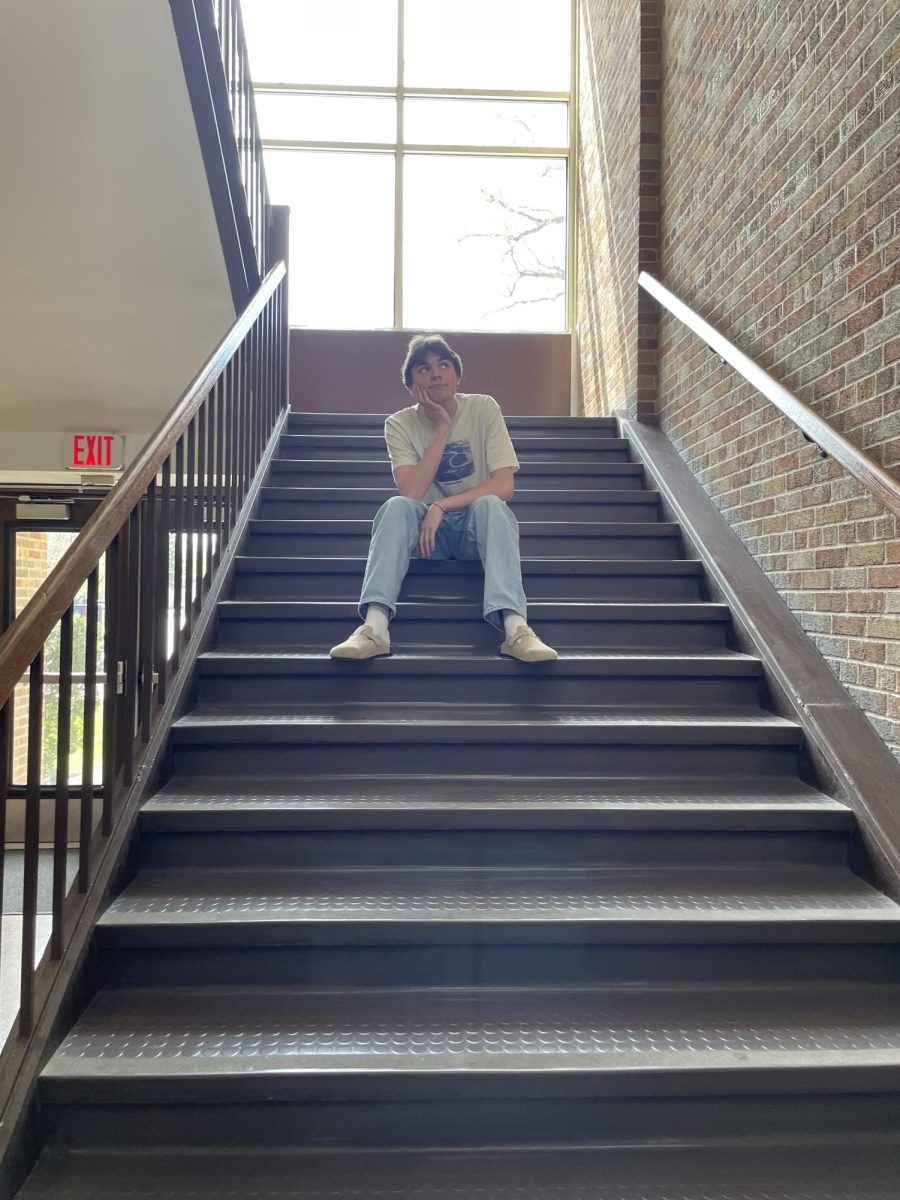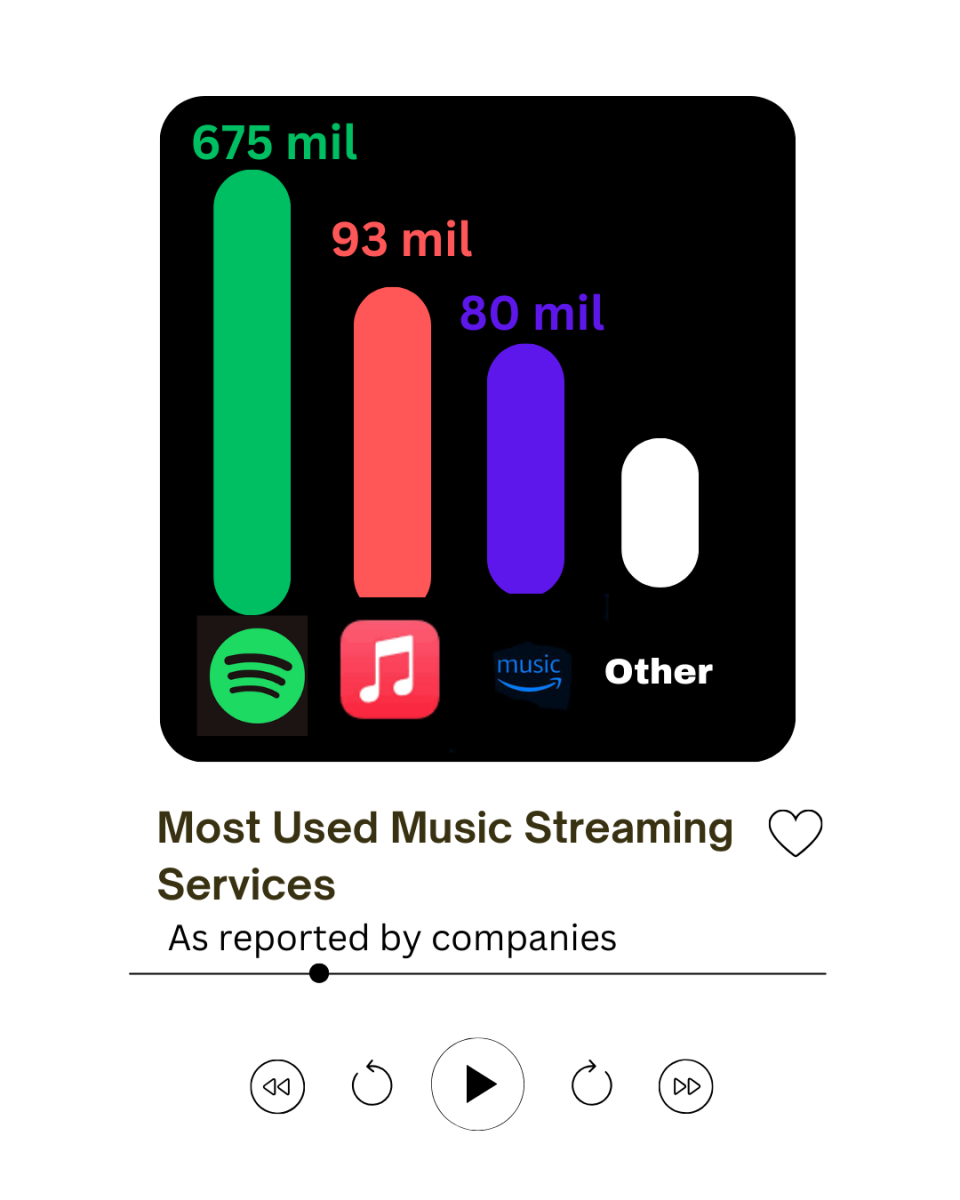As a junior in high school, I grew up with social media at my fingertips. For teens ages 13-17, 63% report using Tiktok, 60% using Snapchat and 59% report using Instagram, according to a study done by the Pew Research Center in 2023.
Instagram is my most frequently used social media app, where I connect with friends and family members across the country, as well as my current classmates. Social media allows for different communities to form, whether among close friends or at a broader scale like spreading awareness for certain issues, such as mental health among adolescents. But as much as we feel that social media may assist in keeping people and friends close, especially ones that you may not see often, does it really aid in forming valuable connections?
A major reason that I’m on social media platforms like Instagram is to stay in touch with friends after I moved from Michigan. I still have friends that I regularly message to check in, in addition to seeing their posts. However, I often wonder whether or not these photos that people post are anything more than just the “highlights”.
In some sense, having access to information and other peoples’ lives can make the world seem smaller. It gives individuals the opportunity to explore self-expression, allowing a small group of followers or even thousands of people across the world to be an audience to the creators’ lives and ideas. So many communities are able to form – especially among Instagram – including ones for mental health, chronic illness or other relatable life experiences as well as stories that can not only make people feel less alone, but can be a source of inspiration.
For me, writing and poetry has become one of my biggest passions. I’ve been able to find a large community of creators to dive deeper into my interests, hear other peoples’ poems, as well as having a smaller audience to share some of my own poetry work through my own account.
Many people might argue that social media is the place where we can show others who we “want to be” – but this doesn’t necessarily need to be a negative thing. Instead, we can view this opportunity as a chance to express ourselves and find a group of like-minded people, even just meeting through social media for the first time, such as connecting through comments or direct messaging.
Whether or not something is a “real connection” can be viewed differently from person to person. For some people, this might be as simple as liking or commenting on someone’s post, whereas others may feel that connecting with someone can’t just be through validation. Specifically, the amount of likes and comments that someone receives can cause a sense of lower self-esteem and can force people into relying on these affirmations in order to feel better about themselves, posing mental health challenges.
A “real connection” can be seen as many things, but two of the most defining traits, to me, are honesty and vulnerability. On social media, however, this has to be taken further than just liking someone’s post, commenting or directly messaging them. A “real connection” needs to have more below the surface.
I believe that genuine and valuable connections on social media should be as fulfilling as connecting with someone in-person. Everyone has the power to make this happen, starting with allowing themselves to be honest and transparent with the other person/people, whether expressing this through posts or reels, or through messaging. Relationships also should include a sense of emotional support, whether that’s through providing comfort through emotional times within direct messaging, posting a more “vulnerable” post to a small group of followers, or even a reel that has the opportunity to reach thousands of people.
We often see in social media highly edited or polished profiles. Peer pressure, especially among our high school age group can make it challenging to find your own sense of identity. People may feel pressured to post or not post a photo, getting trapped into the fixation that how you appear on a single phone screen reflects the entire person that you are.
But in reality, what you put on your profile(s) for others to see is all up to you. You have the power to express yourself – your values, goals, hobbies and issues that you stand for. As much as peer pressure or anxiety concerning how one may view you can make it challenging to be more vulnerable, with the large number of teens using social media around the world, social media has the power to allow you to find at least one person that you feel understood by and connected with.
I believe that life is often about the relationships we form, and this includes the relationship we create with ourselves. Looking into social media and whether or not it creates genuine connections among teens with friends, family and strangers has allowed me to realize that relationships – whether online or in-person – require amounts of effort, balance and authenticity. All teens have the opportunity to use social media to their advantage and find these people that they feel a deep connection with or help grow existing relationships if they allow social media to be a place to grow within themselves and with others, rather than using it as a platform to be “that person.” You can have the opportunity to be whoever you want to be, but the question is: will this person you create be genuine or just fall into the trap of becoming a clone of others?



